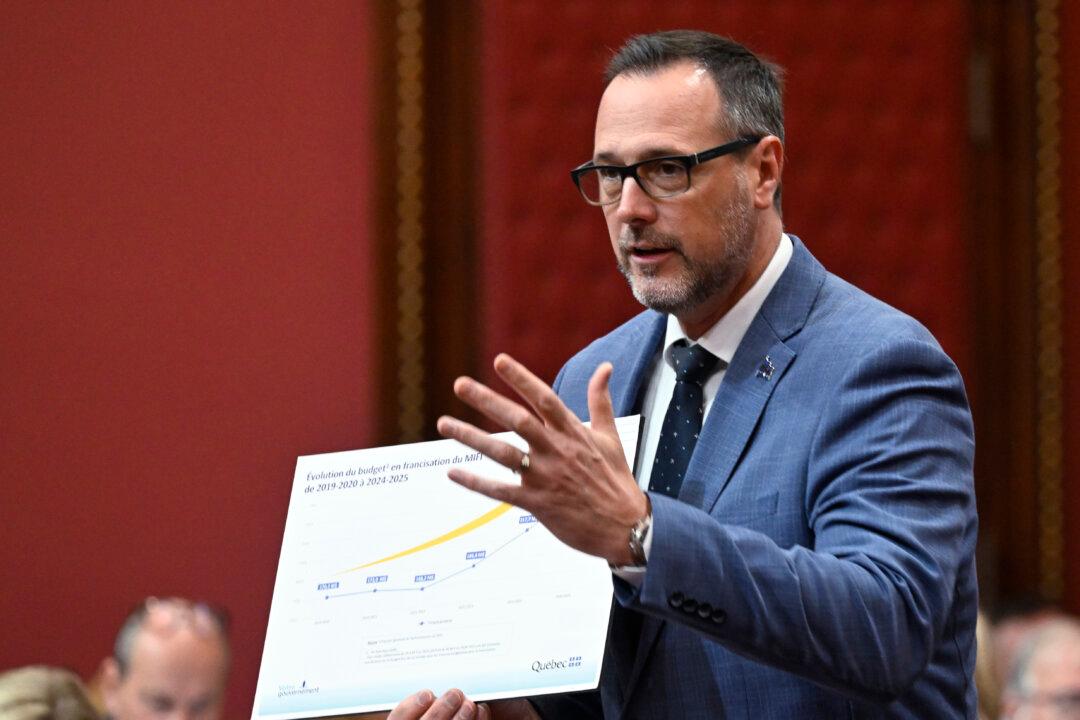The Quebec government says it will pause two provincial immigration programs that act as pathways to citizenship in an effort to “better regulate” the number of new arrivals to the province.
The province will be freezing the use of the Regular Skilled Worker Program, which is aimed at people wanting to immigrate to Quebec as a skilled worker, and the Quebec Experience Program, used by international students to fast-track their citizenship.





